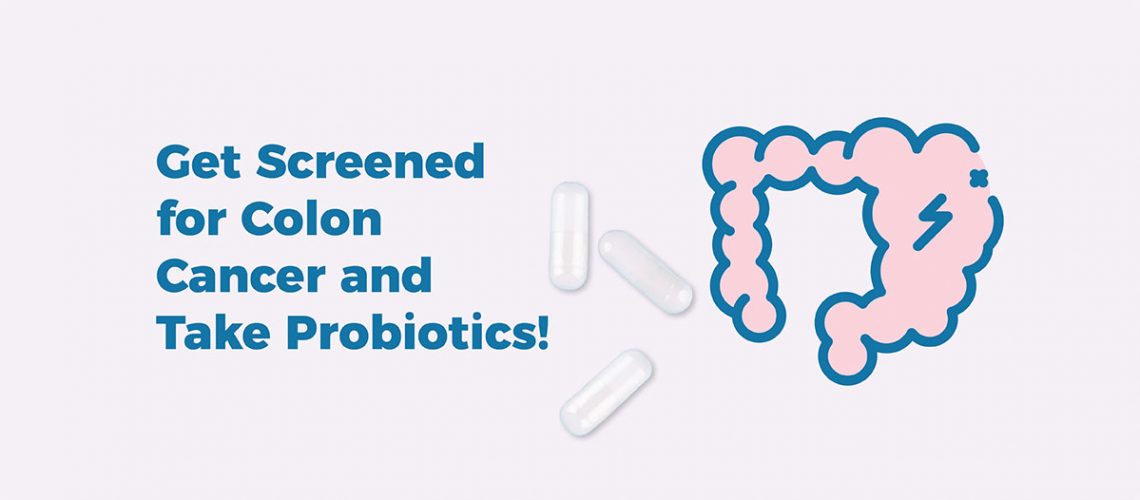Digest This
Click on the topics below to learn how probiotics can improve your digestive health, naturally.

Get Screened For Colon Cancer and Take Probiotics!
- @drHoberman
- Disease
Based on a recent announcement from the U.S. Preventative Services Task Force, you may be worried about an alarming rise in colon cancer, especially if you’re under age 50. The Task Force, along with the American Cancer Society, now advises colon cancer screenings starting at age 45.
Their advisory comes at a critical time, given colon cancer tops the list the deadliest form of cancer among men and is third among women in the 20-49 age range, not to mention the third deadliest cancer among all Americans overall.
This growing problem became a national concern with the recent death of actor and Black Panther star Chadwick Boseman at age 43, after being diagnosed with stage 3 colon cancer in 2016.
Recognize the Colon Cancer Risks
An array of factors contributes to an increased risk of colon cancer, from inherited syndromes and a history of noncancerous colon polyps to family history and race. (African-Americans are at a greater risk than other races.)
However, other very prevalent factors — a poor diet, a lack of exercise and exposure to harmful chemicals — add to your risk profile for colon cancer (and other diseases) but are well within your control.
The shared link among these very common problems is how these factors work to disrupt the healthy balance of bacteria in your gut.
Of course, eating a fiber-rich diet (and cutting back on red meat), spending a few minutes every day exercising (it can be as easy as a short walk around the block) and paying closer attention to the chemicals that surround you help to lower your colon cancer risks.
Did you know taking a probiotic may make a difference too?
The Probiotic Advantage
Given the rise in colon cancer, medical research is turning to probiotics to make a direct impact. For instance, a small study appearing in BMJ Open Gastroenterology examined the gut health of colon cancer patients taking a probiotic with strains of Bifidobacterium lactis and Lactobacillus acidophilus (both are contained in EndoMune Advanced Probiotic).
The gut health of colon cancer patients improved, thanks to the increased and very beneficial production of butyrate (short-chain fatty acids created when your gut produces soluble fiber).
Another recent report appearing in Nutrients cited lots of evidence that probiotics could support the prevention of colon cancer and even its treatment. Among the benefits cited by researchers:
- Increasing the number of anti-carcinogenic metabolites and antioxidants
- Deactivating or decreasing harmful enzymes and cancerous compounds
- Reducing inflammation
- Improving the health of the intestinal wall
The Take-Home Message
There’s lots of work ahead to make a real dent in reducing the number of people who have colon cancer at such a young age. Lowering the age for initial colon cancer screenings will help tremendously as will the very straightforward lifestyle changes we cited previously.
But if you want to do a little more to fortify and protect your gut — the center of your immune system — taking a multi-strain probiotic like EndoMune could make a significant difference.
Resources
There Is An Endomune Probiotic For Every Lifestyle
-
EndoMune Metabolic Rescue
$44.95 -
EndoMune Advanced Probiotic
$42.95 -
EndoMune Companion Pack
$112.93









